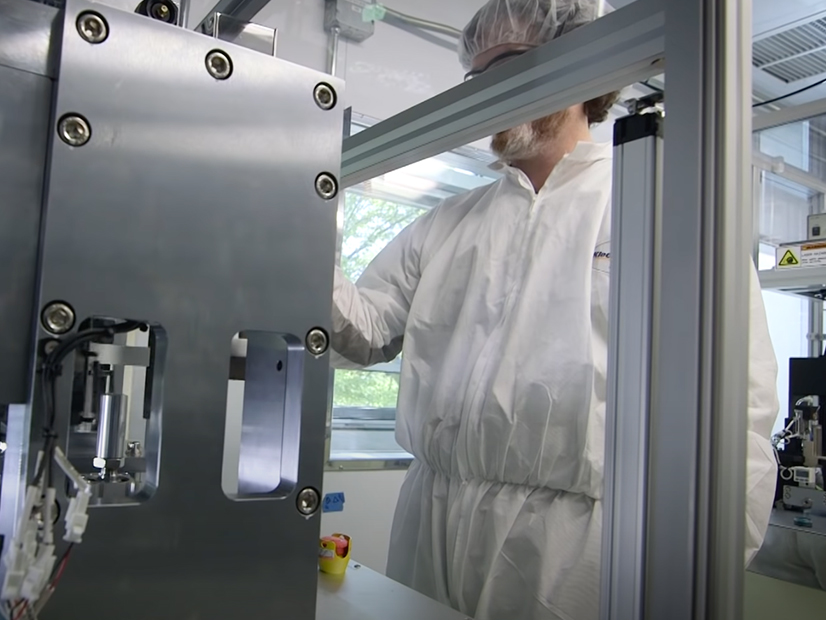
Already internationally renowned for its Center for Automotive Research, the University of Michigan opened a new Electric Vehicle Center last week that will focus on research and development and workforce development. The goal, the university said, is to “cultivate a robust electric vehicle ecosystem in the state where the modern auto industry was born.”
“We need to address areas like the workforce, cost, vehicle range, charging infrastructure and sustainability,” Dean of Engineering Alec D. Gallimore said. “Our center will build on more than a century of U-M leadership in transportation to tackle these and other critical areas.”
The Michigan legislature authorized funding for the center in the state’s 2022-23 budget. The center plans $130 million in spending:
- $20 million to expand educational offerings for “mobility workers,” with a goal of reaching more than 1,200 students per year;
- $50 million for research and development of innovative technology through public-private partnerships; and
- $60 million for campus infrastructure that could include a teaching, training and development facility with an expansion of the university’s Battery Lab.
Alan Taub, an engineering professor at U-M and a former automotive executive, will head the center. Taub, former vice president for global research and development at General Motors (NYSE:GM), also worked for both Ford (NYSE: F) and General Electric (NYSE:GE).
Taub said EVs will require a “redefinition of personal mobility” not seen since the automotive industry began. That redefinition will affect vehicle design and manufacturing, consumer behavior, infrastructure and policy. It will require the efforts of government, academia and the automotive industry to resolve workforce issues, vehicle range, vehicle servicing, charging and other challenges.
For example, Michigan’s current automotive workforce could be largely displaced as EV production develops. Although there will be increases in employment for EV production, other jobs in supplier companies — such as those who produce parts like oil pumps — will face displacement. Michigan, Indiana and Ohio — all major auto parts supplier states — could lose up to 22% of parts jobs, the university said.
The center will seek to fill industry gaps by identifying where to expand undergraduate and master’s degree programs, as well as continuing education courses and credentials, the university said. It also will participate in the Michigan EV Jobs Academy for education at the pre-apprentice, apprentice and associate degree level.
Mich. Departments Call for Public Input on EV Charging
In related news, the Michigan Department of Environment, Great Lakes and Energy and the Department of Transportation are seeking public input on EV charging as the state considers whether to seek funding under the U.S. Department of Transportation’s Charging and Fueling Infrastructure Discretionary Grant (CFI) program.
The program will provide funding for the build-out of direct current (DC) fast chargers along designated alternative fuel corridors and “community” Level 2 or DC fast chargers along any public road. States, regional planning organizations, local governments, tribes and public transportation authorities are eligible to apply.
“We are hoping to learn more about what organizations are applying to the CFI program and what organizations have project plans/ideas but will not/cannot apply to the CFI program,” the departments said in a joint release. “This information will be used to inform the State of Michigan’s approach to this funding opportunity.”
EGLE and MDOT ask interested organizations to fill out a questionnaire outlining their interest by May 8.
